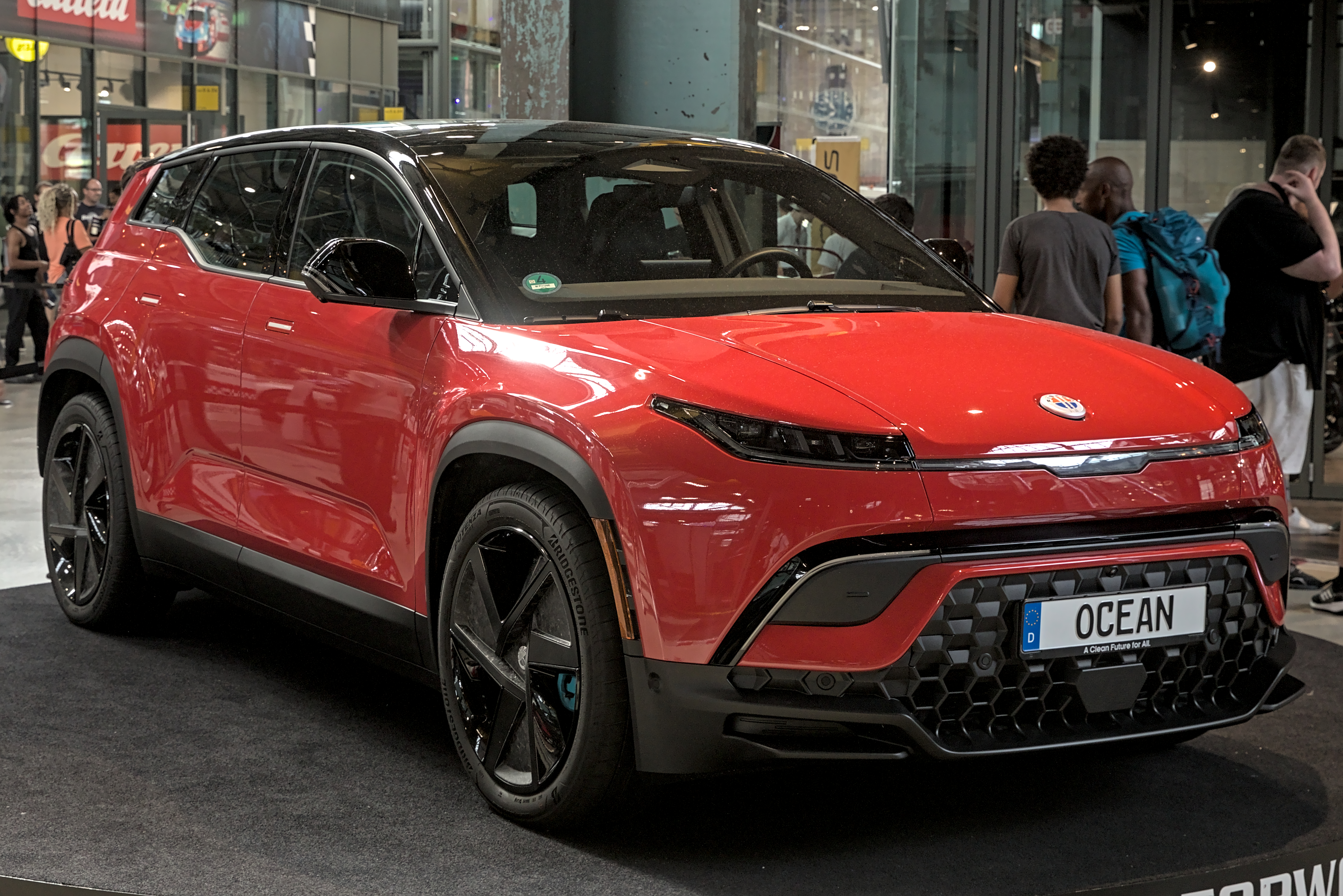In a world where electric vehicles (EVs) are becoming increasingly popular, Fisker Inc. has made a bold move that has the automotive industry buzzing. The company has announced a dramatic price reduction on its Ocean SUV models, with the base price now starting at an almost unbelievable $24,999. This price point is not just a steal; it’s a clear signal of Fisker’s determination to survive in the competitive EV market.
The most expensive Ocean model, previously priced at a premium, is now available for $37,499, which is nearly $6,700 below the average price paid for any new vehicle this month. This nearly 40% price cut is a clear indication of the company’s urgent efforts to avoid bankruptcy. Fisker’s aggressive strategy comes after a series of unfortunate events, including production pauses, warnings to investors about potential bankruptcy, and the looming threat of stock delisting.
The EV market is no stranger to price wars, with Tesla’s Elon Musk leading the charge in reducing the average price paid for EVs significantly over the past year. As a result, other car companies are now focusing on making electric models more affordable. Fisker’s recent discounts are designed to position the Ocean as ‘a more affordable and compelling EV choice,’ according to the company’s statement to Bloomberg.
However, such deep discounts can have a detrimental effect on resale values. Owners who initially invested in Fisker’s luxurious vehicles might find their assets depreciating overnight. This is a risk that potential buyers must weigh against the allure of owning a cutting-edge EV at a bargain price.

The price cuts are set to take effect on March 29 and apply to the 2023 model year cars. Despite not qualifying for tax credits due to being built under contract by Magna Steyr in Austria, the new prices are significantly lower than competitors like the Tesla Model Y and VW ID.4, even without the credits. Furthermore, the cut-price Oceans will come equipped with Fisker’s latest 2024 Ocean OS software 2.0 and up to $7,000 worth of optional equipment at no extra cost.
The EV market is rapidly evolving, with projections indicating a significant increase in global market share in the coming years. Fisker’s current predicament and drastic price reductions are a testament to the fierce competition and shifting consumer preferences in this sector.
In the case of Fisker navigating these turbulent waters, the question remains: Will these unprecedented price cuts be enough to save the company, or is it merely delaying the inevitable? Only time will tell if Fisker can turn the tide and emerge as a formidable player in the EV market or if it will become another cautionary tale of innovation overshadowed by financial instability.





